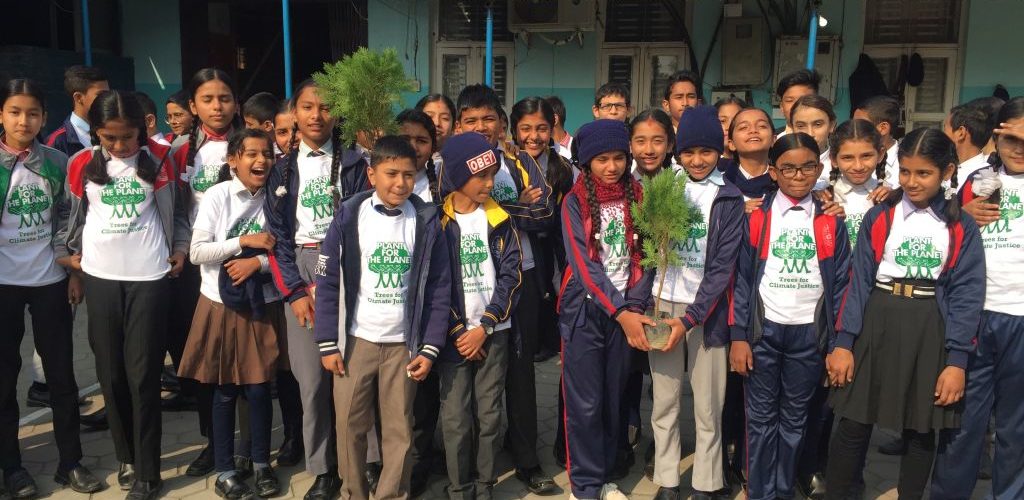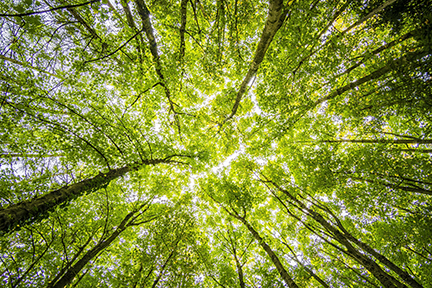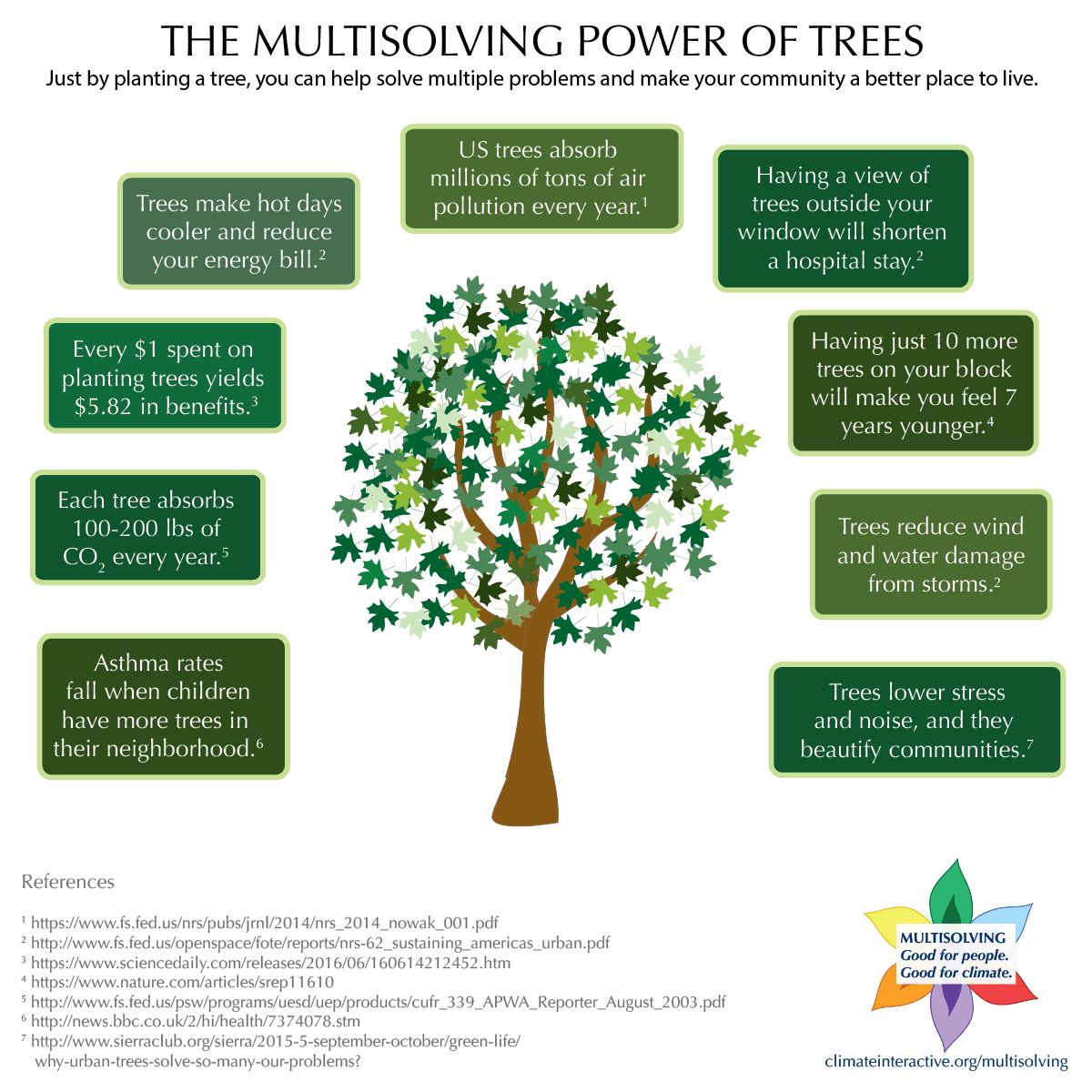Trees and land usage have one of the biggest impacts on climate change. Even though the species of trees and nature differ around the globe, the role of health care remains the same. We need to protect the forests and groves that currently exist and reforest or plant trees on land that is currently vacant. Today there is more and more evidence that trees are good for our health. For example, trees provide shade which can decrease need for air conditioning and offset some of the health risks of our rising temperatures. Through respiration, trees remove carbon dioxide from the air, which slows climate change and is especially important for people with respiratory conditions. Trees also create calming spaces, which can improve mental wellbeing. Therefore, protecting trees and promoting afforestation ultimately protect patients and the communities in our care.
Drawdown Impact
Protecting forests, especially in the tropics, not only draws down greenhouse gasses but healthy tropical forests are necessary for healthy humans.



